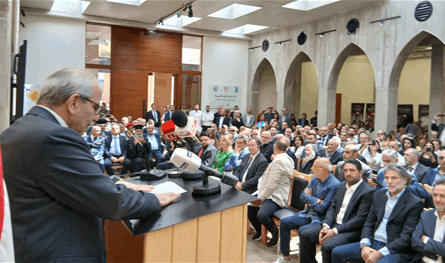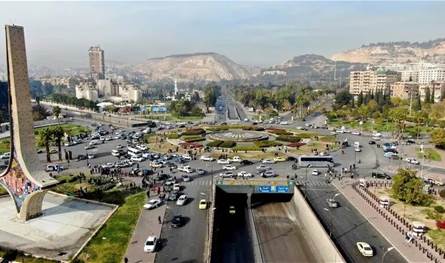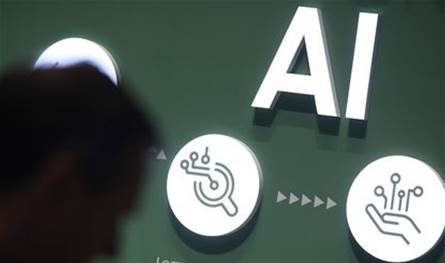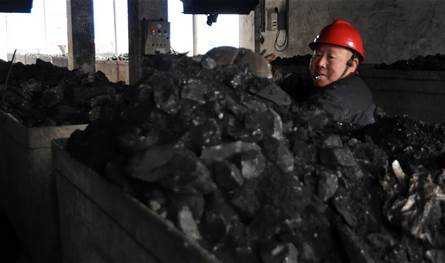Salam: Sustainable development is not an option but a national necessity

Prime Minister Nawaf Salam stressed that “sustainable development is not an option but a national necessity … and the administrative decentralization that we seek is neither a luxury nor a slogan, but a constitutional and reformist commitment and part of a more comprehensive national path: the path of building a strong and fair state. Thus, only we guarantee that decentralization is a unit factor that does not break up, and a development factor in no conflict.”
He said during his sponsorship of the comprehensive development conference of the Aley district, which was organized by the “Green Hand” association in the town of Ainab: “I stand today between you, and between these embarrassment and hills, not only as prime minister, but also because of the intimate ties that draw me to the paths of this mountain and to his sons. It is erased from my interior, hiding this unique spot from my country, so I went back to a forest that is only a few minutes away from the place that brings us together in Ainab, in which I lived in a house that I mean whenever I feel a need for a measure of calm and mental serenity. Our homeland will not be straightforward only by building a fair and strong state, which restores confidence between the Lebanese and their country, in a sincere national partnership. The state is on its entire land with its own forces.
He continued: “The expanded administrative decentralization is not just a clause stipulated by the National Accord Document, known as the Taif Agreement, but rather a strategic choice that stimulates development, enhances popular participation, strengthens local oversight, and preserves some regional peculiarities. However, achieving this vision requires confronting narrow approaches: there are those who try to reduce decentralization into a mere limited administrative mandate, as there are those who want to turn it into a convincing form of Federalism, which in both cases contradicts the spirit of the Taif Agreement. Indeed, the Taif Agreement also called for “the adoption of a unified development plan for the country capable of developing the Lebanese regions and its development economically and socially and promotes the resources of the unified municipalities and municipalities and municipal federations with the necessary financial capabilities.” By restoring the state its pivotal role in local development, based on the concept of “balanced development” and the legislation required to achieve “expanded administrative decentralization”. The truth is that the “Al -Aseela” initiative has presented a model that follows in integrated development in its various aspects, economic, environmental and cultural, as in the partnership between municipalities and the private sector. I have seen what was achieved in this field: from the Aali Center for the Traditional Passage, which has revived the occupations threatened with extinction, to the Food Manufacturing Center that allowed rural women to enter the production market, to the post -harvest centers that provided farmers with modern means of mobilization and marketing, to the public partnership – which allowed the export of high products to various parts of the world. It is measured only by economic output, but by our ability to build a coherent society and create job opportunities for our new generations. Young people are the renewed energy that Lebanon needs to restore itself. In the crises that we lived, they presented us with a model. From environmental initiatives, to entrepreneurial projects in the fields of informatics, they have proven that they are not the generation of waiting, but the generation of innovation. Our duty to open the doors of participation in front of them, in municipal councils, in public administrations, and in political decision -making institutions, to be real partners in formulating their future and the future of their country.
The post Salam: Sustainable development is not an option but a national necessity appeared first on 961 toy to Lebanon today.















